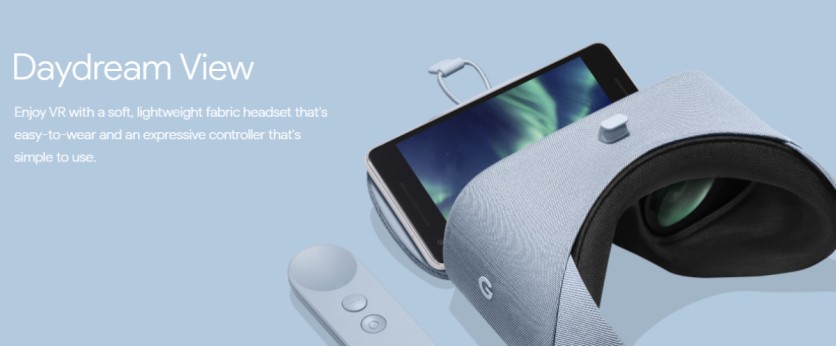
Google is giving up on Daydream VR.
On Tuesday, Oct. 15, the company confirmed that its latest flagship smartphone, the Pixel 4, will not support the virtual reality platform.
Goodbye, Daydream VR
This is the final nail in the coffin for the experiment. Earlier this year, Google also did not add support for the Daydream VR on its budget phone Pixel 3a, but many assumed that the company is saving the platform for its higher-end devices.
"There hasn't been the broad consumer or developer adoption we had hoped, and we've seen decreasing usage over time of the Daydream View headset," a spokesperson admitted in an e-mail to Variety.
Not a single phone released in 2019 supports Daydream VR.
Google will also cease the sales of Daydream View VR headsets although the spokesperson assured that the app, as well as the store, will continue to work for existing users.
"We saw a lot of potential in smartphone VR — being able to use the smartphone you carry with you everywhere to power an immersive on-the-go experience," the spokesperson added. "But over time we noticed some clear limitations constraining smartphone VR from being a viable long-term solution."
The Daydream VR, launched in 2016 alongside the first Pixel phone, is Google's answer to Samsung VR. Over the years, other smartphone manufacturers, including Samsung, added support for the platform. However, it has always been limited to only a few phones which resulted in low usage.
Launch partners HBO and Hulu dropped support for Daydream earlier this year. In June, Google discontinued Google Play Movies for Daydream.
Moving Away From VR
Daydream is not the only project to be scrapped as the company moves away from virtual reality. Google announced this year that it is shutting down Jump, a cloud-based service that creates 360-degree video footage. A VR camera being developed in partnership with Imax was canceled last year.
Samsung also dropped support for the Gear VR in September.
The spokesperson for Google stressed that the company is shifting its efforts to augmented reality experiences such as the Google Lens, walking navigation in Maps, and in search results.
ⓒ 2026 TECHTIMES.com All rights reserved. Do not reproduce without permission.




